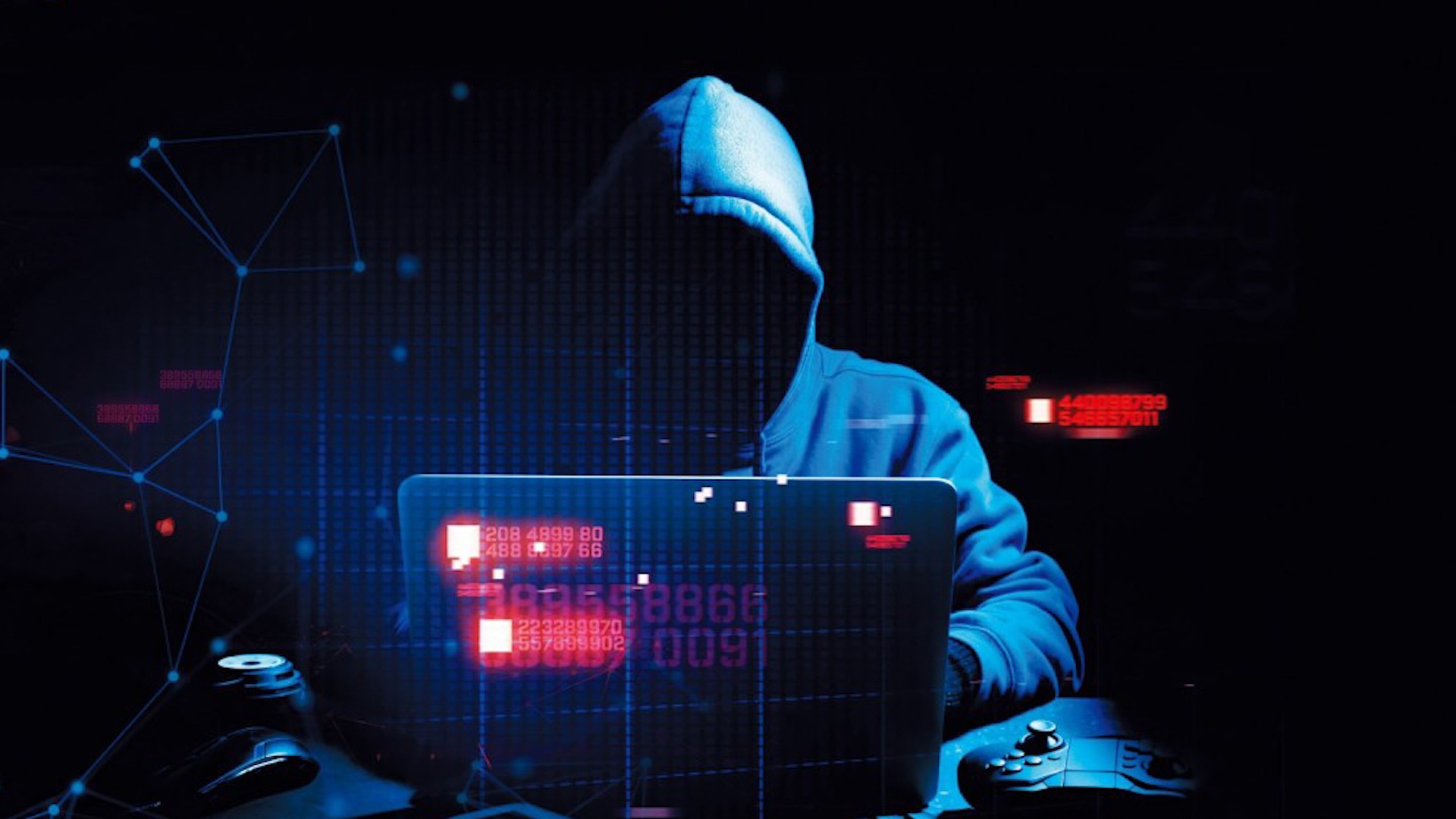On August 14, Turkish cryptocurrency exchange BtcTurk was forced to suspend withdrawals following a suspected $48 million hack, once again sounding an alarm for the entire crypto industry. This incident is not just another security breach but a serious reminder that behind the convenience of centralized exchanges lie risks that cannot be ignored.

This event was not a random occurrence. The cybersecurity firm Cyvers detected unusual activity involving $48 million in digital assets (including Ethereum) flowing out of BtcTurk's hot wallets. The hackers then transferred these assets and began converting them. More concerningly, this is the second major security incident for the exchange, following a $55 million loss in June of last year.
BtcTurk quickly responded by stating that the majority of user assets were safely stored in cold wallets and were not affected, but the breach of its hot wallets is enough to make every investor re-evaluate their asset security strategy.
The 'Achilles' Heel' of Hot Wallets: Lessons from the BtcTurk Incident
To facilitate user trading and fast withdrawals, cryptocurrency exchanges keep a portion of their crypto assets in hot wallets. A hot wallet is connected to the internet, much like a bank's cash register, allowing for instant access. However, this convenience is also its greatest security vulnerability.
The BtcTurk incident clearly demonstrates this risk: once a hot wallet is compromised by hackers, the assets within it are at risk of being stolen instantly. Although the exchange claims the assets in cold storage are safe, this does not mean that users' assets are completely worry-free, as every hack can damage the platform's reputation and even deal a fatal blow to its operations.
Therefore, the most profound lesson from the BtcTurk incident is: Do not put all your eggs in one basket, especially if that basket is connected to the internet.
Golden Rules for Preventing Hacks and Scams
In the world of cryptocurrency, protecting your own assets is the primary responsibility of every investor. Based on the BtcTurk incident and other security breaches, here are a few golden rules for you to follow:
-
Prioritize "Cold/Hot Separation" and Use Cold Wallets to Store Most Assets
This is the most important rule. If your crypto assets exceed the amount you need for daily transactions, you must transfer them to a cold wallet (such as a hardware wallet like Ledger or Trezor). A cold wallet is not connected to the internet and is currently the safest way to store assets. Treat an exchange as a "short-term trading station," not a "long-term storage vault."
-
Enable All Security Features, Especially 2FA
Almost all exchanges offer two-factor authentication (2FA). Enable it immediately and try to use time-based authenticator apps like Google Authenticator instead of SMS verification. SMS verification is more susceptible to being compromised by hackers through methods like SIM card swaps.
-
Be Wary of Phishing and Social Engineering
Many hacks do not directly target the platform but rather trick individual users into stealing their information. Be highly vigilant of the following:
-
Direct messages or emails from accounts impersonating official customer service, asking for your seed phrase, private key, or account password.
-
Phishing websites that mimic an exchange's official site or a well-known project.
-
"High-reward" airdrop or giveaway scams on social media.
-
Stay Vigilant and Follow Official Channels
Always trust information released through official channels. Before taking any action, be sure to verify it on the exchange's official website, official app, or official social media accounts (with blue verification badges). Be highly skeptical of any notification that asks you to act "immediately" or "click" on an unknown link.
Conclusion: Taking Control of Your Own Security
Hacks and security vulnerabilities are a common occurrence in the crypto world. The BtcTurk incident once again reminds us that the convenience of a centralized exchange comes at the cost of giving up some control over your assets.
As a crypto investor, we cannot control the internal security measures of an exchange, but we can protect ourselves by taking proactive control. Store large amounts of assets securely in a cold wallet, remain vigilant in your daily operations, and always put security first. Only by doing so can you ensure that your wealth in this world of opportunities and challenges is not coveted by malicious actors.











